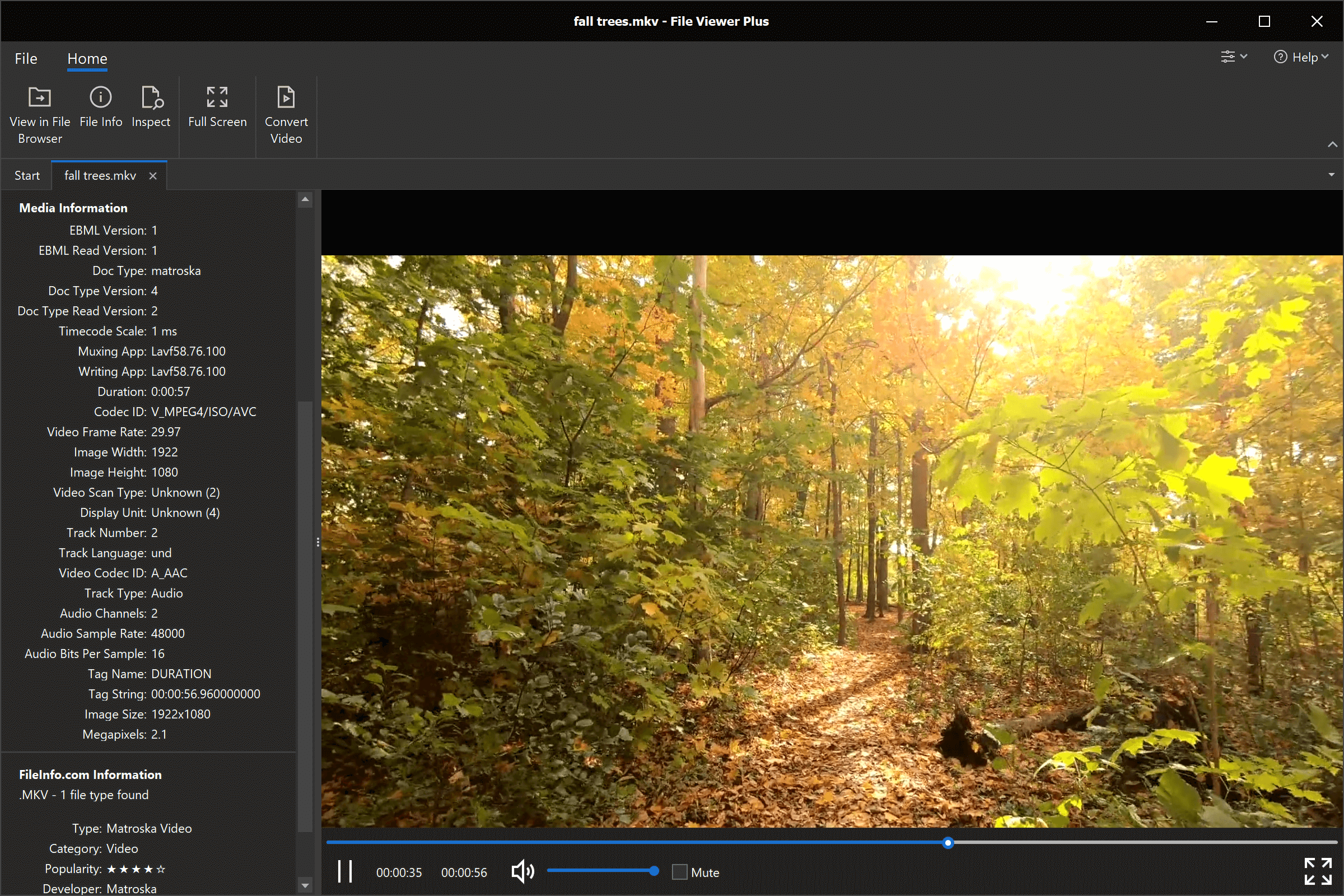Have you ever wondered why MKV movies are so popular among movie enthusiasts? MKV, or Matroska Video, is a versatile and high-quality video format that has become a favorite for streaming, downloading, and storing movies. Its ability to support multiple audio tracks, subtitles, and high-definition video makes it stand out from other formats. Whether you're a casual viewer or a tech-savvy cinephile, MKV movies offer an unmatched viewing experience that combines convenience and quality.
MKV files are known for their flexibility and efficiency. Unlike traditional formats like MP4 or AVI, MKV allows users to include multiple languages, commentary tracks, and even chapters within a single file. This makes it ideal for watching movies with friends or family who speak different languages or for those who enjoy diving deeper into the filmmaking process. Furthermore, MKV movies are widely supported by modern media players and devices, ensuring seamless playback across platforms.
As the demand for high-quality content grows, MKV movies have become a go-to choice for both content creators and consumers. With the rise of 4K and HDR videos, MKV's ability to handle large file sizes without compromising quality has made it indispensable. Whether you're downloading MKV movies for offline viewing or streaming them online, this format ensures that you get the best possible experience. Let’s explore the world of MKV movies in detail and discover why they are a game-changer for movie lovers.
Read also:Marcia Strassman A Timeless Icon Of Television And Film
Table of Contents
- What Are MKV Movies and Why Are They Important?
- How Do MKV Movies Differ from Other Video Formats?
- What Are the Best Tools to Play MKV Movies?
- Can MKV Movies Be Converted to Other Formats?
- How to Download MKV Movies Legally and Safely?
- What Are the Advantages of Using MKV for Movies?
- How to Troubleshoot Common Issues with MKV Movies?
- Frequently Asked Questions About MKV Movies
What Are MKV Movies and Why Are They Important?
MKV movies are video files stored in the Matroska container format, which is designed to hold an unlimited number of video, audio, picture, or subtitle tracks in a single file. This format was developed to address the limitations of older formats like AVI and MP4, offering a more robust and flexible solution for multimedia content. The importance of MKV movies lies in their ability to provide a superior viewing experience by supporting high-definition video, lossless audio, and multiple subtitle tracks.
One of the key reasons MKV movies are important is their adaptability. Unlike other formats, MKV allows users to embed chapters, metadata, and even menus, making it perfect for organizing and enhancing movie collections. This flexibility is particularly beneficial for users who want to customize their viewing experience, such as switching between different audio languages or enabling subtitles for accessibility. Additionally, MKV movies are widely used in the distribution of fan-made edits, director's cuts, and other special editions of films.
Moreover, MKV movies are essential for preserving video quality. The format supports advanced codecs like H.265 (HEVC), which ensures that even large files remain compact without sacrificing clarity. This is especially important for 4K and HDR content, where maintaining visual fidelity is crucial. As streaming platforms and content creators continue to embrace high-definition formats, MKV movies are likely to remain a staple for delivering top-notch video experiences.
How Do MKV Movies Differ from Other Video Formats?
When comparing MKV movies to other video formats like MP4, AVI, or MOV, several key differences stand out. First and foremost, MKV is an open-source format, meaning it is free to use and continuously improved by developers worldwide. This contrasts with proprietary formats like MP4, which are often limited by licensing restrictions. The open nature of MKV movies ensures greater compatibility and innovation, making it a preferred choice for tech enthusiasts.
Support for Multiple Tracks
One of the standout features of MKV movies is their ability to support multiple audio and subtitle tracks. For instance, you can include English, Spanish, and French audio tracks in a single MKV file, allowing viewers to switch languages effortlessly. This is particularly useful for international audiences or multilingual households. Additionally, MKV movies can embed soft subtitles, which can be turned on or off, unlike hard subtitles that are permanently burned into the video.
File Size and Quality Balance
Another significant difference lies in how MKV movies handle file size and quality. While formats like AVI often struggle with large files, MKV movies use efficient compression techniques to maintain high-quality video without bloating the file size. This makes MKV ideal for storing and sharing high-definition content, including 4K and HDR movies. Furthermore, MKV supports lossless audio codecs like FLAC, ensuring that sound quality is preserved for audiophiles.
Read also:Exploring Terrence Howards Wealth And Success A Comprehensive Analysis
What Are the Best Tools to Play MKV Movies?
Playing MKV movies requires a media player that supports the Matroska format. Fortunately, there are several excellent tools available that cater to different user preferences. Below is a list of the best media players for MKV movies, along with their key features:
- VLC Media Player: A free, open-source player that supports almost all video formats, including MKV. It offers customizable playback settings and built-in subtitle downloading.
- MPC-HC (Media Player Classic - Home Cinema): A lightweight player designed for Windows users. It provides smooth playback for MKV movies and supports advanced features like frame interpolation.
- Kodi: A versatile media center software that excels at organizing and playing MKV movies. It also supports streaming and has a user-friendly interface.
- PotPlayer: Known for its sleek design and powerful features, PotPlayer is a favorite among power users. It supports hardware acceleration for smoother playback of high-definition MKV movies.
- SMPlayer: A free player with built-in codecs and a resume feature that remembers where you left off in your MKV movies.
Why VLC Media Player Is the Go-To Choice?
VLC Media Player is often regarded as the best tool for playing MKV movies due to its versatility and ease of use. It supports a wide range of codecs, eliminating the need for additional software or plugins. Moreover, VLC's cross-platform compatibility ensures that you can enjoy MKV movies on Windows, macOS, Linux, Android, and iOS devices without any hassle.
Customization Options in VLC
VLC offers numerous customization options, such as adjusting playback speed, applying video filters, and syncing subtitles. These features make it an ideal choice for users who want to enhance their MKV movie experience. Additionally, VLC's active development community ensures regular updates and bug fixes, keeping it ahead of other media players.
Can MKV Movies Be Converted to Other Formats?
Yes, MKV movies can be converted to other formats like MP4, AVI, or MOV using specialized software. Conversion is often necessary for compatibility with devices or platforms that do not natively support MKV. For instance, some older TVs or smartphones may struggle to play MKV files, making conversion a practical solution.
Popular Tools for Converting MKV Movies
There are several tools available for converting MKV movies, each with its own strengths. Below are some of the most popular options:
- HandBrake: A free and open-source tool that supports batch conversion and offers advanced encoding settings.
- FFmpeg: A command-line tool favored by professionals for its speed and flexibility in handling MKV movies.
- Any Video Converter: A user-friendly application that supports a wide range of formats and includes editing features.
Things to Consider Before Converting MKV Movies
Before converting MKV movies, it's important to consider factors like file size, quality loss, and processing time. Some formats, like MP4, may result in reduced quality due to compression. To minimize quality loss, choose a high-bitrate setting and use lossless codecs whenever possible. Additionally, ensure that your conversion tool supports all the tracks (audio, video, subtitles) present in the original MKV file.
How to Download MKV Movies Legally and Safely?
Downloading MKV movies can be a convenient way to build your personal library, but it's crucial to do so legally and safely. Unauthorized downloads not only violate copyright laws but also expose users to malware and other security risks. Here are some tips for downloading MKV movies responsibly:
- Use Official Platforms: Many streaming services and online stores offer MKV downloads as part of their subscription or purchase plans. Examples include Amazon Prime Video and iTunes.
- Check for Creative Commons Licenses: Websites like Internet Archive provide free MKV movies that are legally available under Creative Commons licenses.
- Verify the Source: Always download MKV movies from reputable websites to avoid malicious software. Look for HTTPS encryption and user reviews before proceeding.
Why Legal Downloads Are Worth It?
Legal downloads ensure that you receive high-quality MKV movies without any hidden risks. They also support content creators and distributors, encouraging them to produce more high-quality films. Additionally, legal platforms often provide customer support and guarantees, giving you peace of mind while enjoying your favorite movies.
What Are the Advantages of Using MKV for Movies?
MKV movies offer numerous advantages that make them a preferred choice for both casual viewers and professionals. Below are some of the key benefits:
- High-Quality Playback: MKV supports advanced codecs that preserve video and audio quality, making it ideal for 4K and HDR content.
- Flexibility: The ability to include multiple tracks, chapters, and metadata enhances the viewing experience.
- Wide Compatibility: Most modern media players and devices support MKV, ensuring seamless playback across platforms.
Why MKV Movies Are Future-Proof?
As technology evolves, MKV movies are likely to remain relevant due to their adaptability and open-source nature. The format's support for emerging codecs and features ensures that it can keep up with advancements in video technology. This makes MKV a future-proof choice for storing and sharing movies.
How to Troubleshoot Common Issues with MKV Movies?
While MKV movies are highly versatile, users may occasionally encounter issues such as playback errors, missing subtitles, or audio sync problems. Here are some common troubleshooting tips:
- Update Your Media Player: Ensure that your media player is up-to-date to avoid compatibility issues.
- Install Missing Codecs: Use tools like K-Lite Codec Pack to install any missing codecs required for MKV playback.
- Check File Integrity: Corrupted MKV files may cause playback issues. Use tools like MKVToolNix to repair or remux the file.
Why Subtitle Issues Occur and How to Fix Them?
Subtitle issues in MKV movies often arise due to incorrect encoding or mismatched timing. To fix this, try adjusting the subtitle sync settings in your media player or re-embedding the subtitles using software like Subtitle Edit. Additionally, ensure that the subtitle file is in a compatible format like SRT or ASS.
Frequently Asked Questions About MKV Movies
What Devices Support MKV Movies?
Most modern devices, including smartphones, tablets, smart TVs, and computers, support MKV movies. However, older devices may require a compatible media player or conversion to a different format.
Can MKV Movies Be Streamed Online?
Yes, MKV movies can be streamed online using

